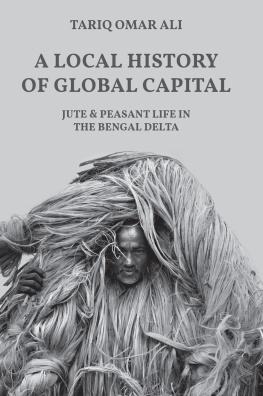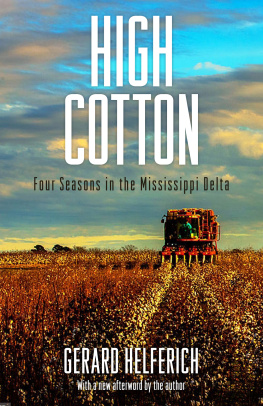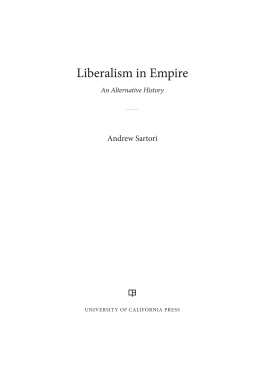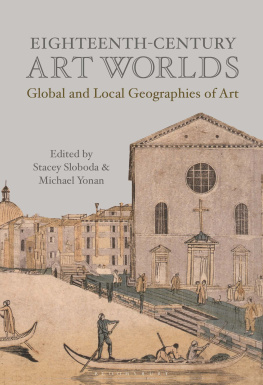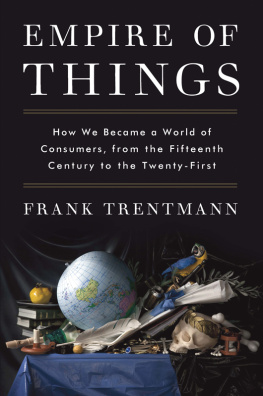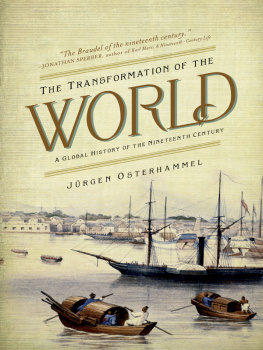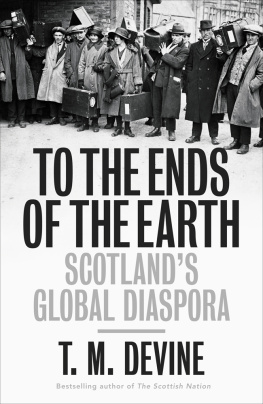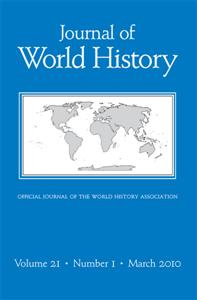Printed on acid-free paper.
ACKNOWLEDGMENTS
THIS BOOK has been possible due to the support, assistance, and friendships of numerous people in universities, archives, libraries, and cities in the United States, the UK, India, and Bangladesh.
First and foremost, I must acknowledge my debt and gratitude to archivists and librarians in Bangladesh, India, and the UK, without whose labors it would not be possible to write any book in South Asian history. In Dhaka, the staff at the National Archives Bangladesh were extremely accommodating and welcoming, going above and beyond their professional obligations to help me locate materials and photocopy files. In India, I owe an immense debt to librarians at the National Library of India in Kolkata and archivists at the National Archives of India in New Delhi. I spent many months in the UK, researching at the Dundee University Archives in Dundee, Scotland, and the India Office Records at the British Library in London: in both places, I was in awe of the professionalism and care with which written records of the past are preserved and made publicly accessible. I would also like to thank librarians at Widener Library at Harvard University, where I began work on this book, and University Library at the University of Illinois, where I completed it.
The History Department of the University of Illinois has provided an enriching and supportive scholarly home for the past six years. Numerous colleagues have read various chapters and provided generous feedback, companionship, and camaraderie. I want to particularly thank Antoinette Burton and Mark Steinberg who have been exceptional mentors over these years. I am also especially grateful to the numerous people who have made Champaign, Illinois, home for me over the past few years, especially Ikuko Asaka, Jayadev Athreya, Andrew Bauer, Jim Brennan, Utathya Chattopadhyay, Kim Curtis, Ken Cuno, Behrooz Ghamari, Radhika Govindarajan, Marc Hertzman, Rana Hogarth, Brian Jefferson, Diane Koenker, Craig Koslowsky, Rini Bhattacharya Mehta, Bob Morrissey, Mauro Nobili, Dana Rabin, John Randolph, David Roediger, Carol Symes, and Rod Wilson.
I have received generous funding from the Campus Research Board and the Unit for Criticism and Interpretive Theory at the University of Illinois, which has enabled me to conduct archival research in London and Dhaka. I want to particularly thank Susan Koshy at the Unit for Criticism and Interpretive Theory for organizing a manuscript workshop for an early draft. Douglas Haynes, Ericka Beckman, Antoinette Burton, and Mark Steinberg read a very rough draft of the manuscript for the workshop and provided detailed and thoughtful feedback and advice. I have incorporated much of their advice into substantially revising that draft into the present book, though, of course, all shortcomings are my own.
I have presented portions of this book at Brac University, Tufts University, University of Iowa, MIT, and Dhaka University. The incisive comments and criticism at each of these locations have informed and shaped this book. I hope I have been able to do justice to the thoughtful feedback I have received from so many people who have been so generous in engaging with the arguments presented in this book.
It has been a privilege to publish this book with Princeton University Press. I want to especially thank Amanda Peery for providing incisive feedback on the individual chapters, which led to substantive revisions and to eagle-eye Karen Carroll who spotted numerous errors and typos. Special thanks to David Campbell, Ali Parrington, and Brigitta van Rheinberg for making the publishing process so smooth and painless. The two anonymous readers at Princeton University Press provided comments and suggestions that have greatly helped in revising the manuscript.
I began this work at Harvard University under the supervision of Sugata Bose. I benefited and continue to benefit from his knowledge and guidance, his willingness to let me pursue my own paths of inquiry, and his warmth and generosity, not only in Cambridge, Massachusetts, but also in his family home in Calcutta. Emma Rothschild was another guide, who read and commented extensively on the text. I particularly benefited from her seminar on Histories of Economic Life, and I feel privileged that the book is now appearing in a series titled Histories of Economic Life. Walter Johnson and Sven Beckert were inspirational, and it was their influence that has informed much of my thinking on commodities, capital, markets, labor, and ecology. I was particularly fortunate to be surrounded by a community of fellow graduate students who provided camaraderie, inspiration, and intellectual engagement. I want to particularly thank Sana Aiyar, Misha Akulov, Antara Dutta, Jesse Howell, Kuba Kabala, Stefan Link, Hassan Malik, Johan Mathew, Sreemati Mitter, Ricardo Salazar, Julia Stephens, Gitanjali Surendran, Heidi and Michael Tworek, and Jeremy Yellen. My brother Zain Ali arrived at Harvard as a graduate student during my final year of writing up my research, and provided welcome distraction from the travails of writing.
My archival travels were enriched by numerous friendships. In London, I lived at various times with Salman Azim, Burt Caesar, and Syed Anwarul Hafiz. Mishu Ahasan, Zirwat Choudhuri, Rohit De, Fanar Haddad, and Mahfuz Sadique provided distraction and entertainment in this great city. In New Delhi, Ania Loomba and Suvir Kaul allowed me to stay in their beautiful home, and Rohit De, Pallavi Raghavan, and Julia Stephens were compatriots in the reading room of the National Archives. In Calcutta, Subir and Supriya Datta opened their lovely home to me, where the talented Ishwarda cooked delicious meals and their cats provided further entertainment and company. I was fortunate to be able to explore this cityone of my favorite in the worldwith wonderful people: Momo Ghosh, Durba Mitra, Poulomi Roychowdhuri, and Gitanjali Surendran.
It was while conducting research at the British Library in London that I met Simin Patel, who has been a source of love and support as I finished writing this book. Simin has been patient and generous in reading portions of the book, hearing me out as I tried to formulate my thoughts into coherent chapters, and bearing with me as I devoted my energies to finishing this book.
Dhaka is my home, where I am surrounded by family and childhood friends. I want to thank my closest childhood friends in Dhaka who provided brilliant company while I conducted research: Imran Ahmed, Sumagna Karim, Shazia Omar, Nausher Rahman, Shadab Sajid, and Radwan Siddique. Yasir Karim, who tragically passed away before this book came out, was a constant companionmore often than not, I would go directly to Yasirs house from the National Archives, and spend the evening with him, his siblings, and his parents.

